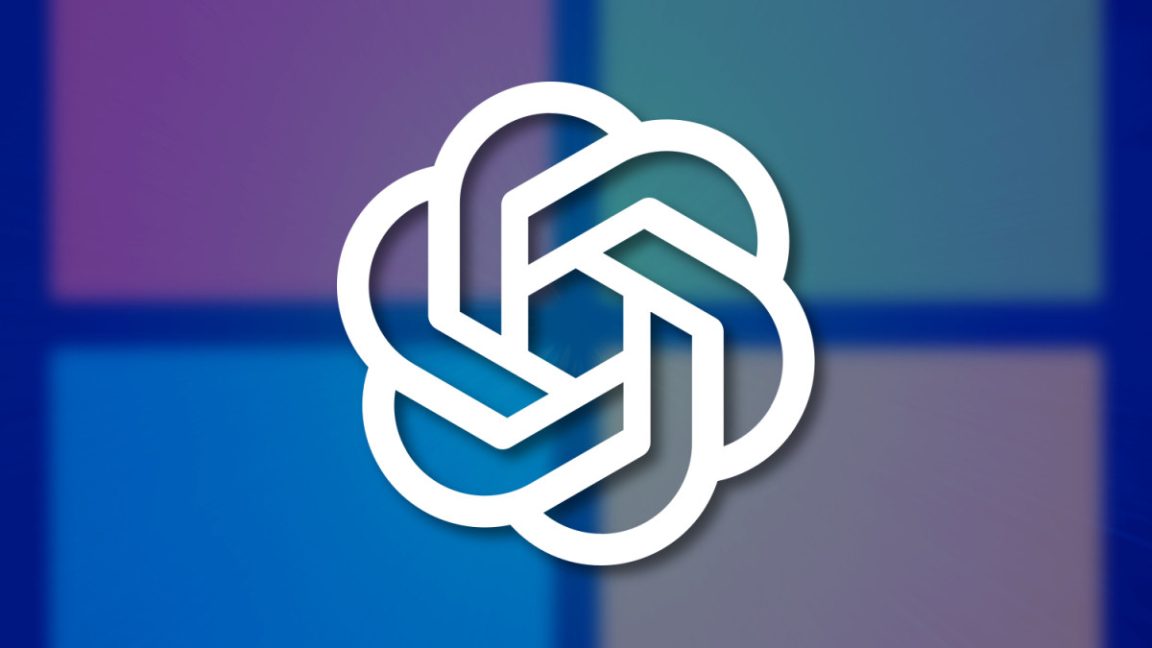On Monday, Microsoft and OpenAI announced a significant revision to their partnership agreement, introducing new mechanisms and extending their collaboration well into the next decade. This updated deal, which values Microsoft’s stake in OpenAI at approximately $135 billion, extends their exclusive partnership through 2032 or until artificial general intelligence (AGI) is achieved—whichever comes first. The agreement also allows both companies greater freedom to independently pursue AGI development, while setting new terms on intellectual property (IP) rights, revenue sharing, and operational flexibility.
The partnership between Microsoft and OpenAI began in 2019, when Microsoft made a $1 billion investment in OpenAI. Since then, Microsoft has provided considerable support to OpenAI, particularly in the form of cloud computing resources through its Azure platform. OpenAI’s advanced AI models have been integrated into many Microsoft products, including Copilot, which assists users by generating code. Over the years, this alliance has allowed both companies to advance rapidly in the AI field, but the evolving nature of AI and the growing ambitions of both firms necessitated a new framework.
One of the most notable changes in the revised agreement is the introduction of an independent expert panel tasked with verifying when OpenAI achieves AGI. AGI, often described as AI with human-like cognitive abilities, remains a nebulous and difficult-to-define milestone in artificial intelligence research. Previously, OpenAI alone had the authority to determine when it had reached AGI, a decision with potentially enormous financial and strategic implications. By establishing an independent panel, the companies aim to add an element of oversight and impartiality to this critical determination.
Although the details about the expert panel’s composition and selection criteria have not been disclosed, its role is clear: to objectively verify the achievement of AGI. This verification will trigger major changes in how Microsoft and OpenAI share technology and revenue. Once the panel confirms that AGI has been reached, Microsoft’s intellectual property rights to OpenAI’s research methods will expire, and the existing revenue-sharing arrangement will end, though payments will continue for a longer duration. This mechanism protects the interests of both companies while acknowledging the transformative nature of AGI.
Under the new terms, Microsoft retains exclusive rights to key OpenAI intellectual property until AGI is achieved or until 2030, whichever occurs first. These rights cover OpenAI’s model weights, architecture, inference code, and fine-tuning code, meaning Microsoft continues to hold significant control over the core technologies powering OpenAI’s AI models. However, Microsoft’s rights to OpenAI’s research methods—confidential techniques used in developing models—will expire once AGI is declared or by 2030. Notably, Microsoft is explicitly excluded from rights to OpenAI’s consumer hardware products, preserving OpenAI’s independence in that area.
While the partnership remains exclusive in many respects, the revised deal offers OpenAI more operational flexibility. OpenAI can now develop some products in collaboration with third parties. For API-based products built with other companies, these must run exclusively on Microsoft’s Azure cloud. However, non-API products are free to operate on any cloud provider. This arrangement allows OpenAI to broaden its partnerships beyond Microsoft while maintaining Azure as its primary infrastructure provider.
The deal also redefines the boundaries of competition and collaboration between the two firms. Microsoft is now allowed to pursue AGI development independently or in partnership with companies other than OpenAI. However, if Microsoft intends to use OpenAI’s intellectual property to build AGI before the expert panel’s declaration, it must ensure that the models it develops surpass compute thresholds larger than those required by current leading AI models. This clause aims to balance Microsoft’s ambitions with OpenAI’s proprietary technologies.
Financially, the revenue-sharing agreement between Microsoft and OpenAI will continue until the expert panel confirms AGI has been achieved, albeit with payments extended over a longer period. OpenAI has committed to purchasing $250 billion worth of Azure services, underscoring the depth of its reliance on Microsoft’s cloud infrastructure. However, Microsoft no longer holds a right of first refusal to serve as OpenAI’s compute provider. This change allows OpenAI the freedom to seek cloud resources from other providers if it chooses, though the massive Azure commitment suggests that Microsoft will remain the dominant cloud partner for the foreseeable future.
The history of the Microsoft-OpenAI partnership reflects the rapid evolution of AI technology and the growing stakes involved. OpenAI started as a research lab with ambitions to develop safe and beneficial AI, initially structured as

